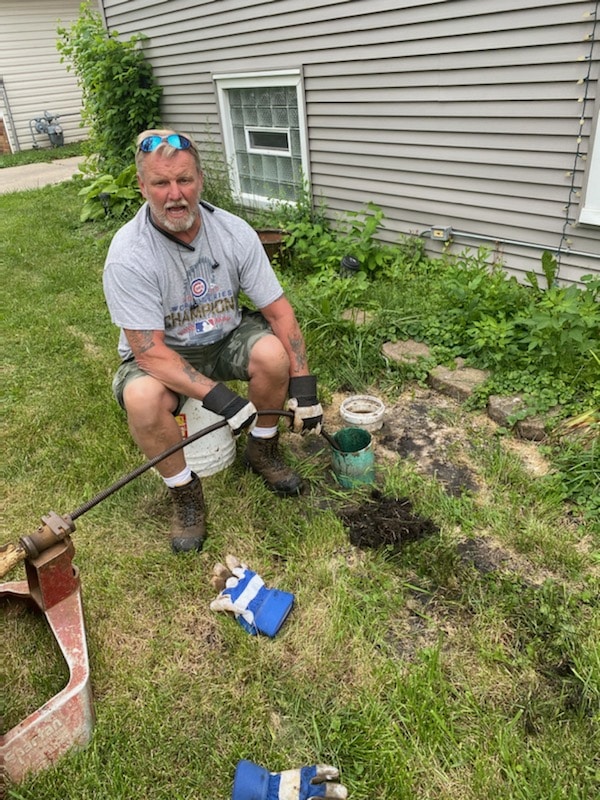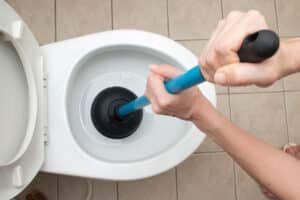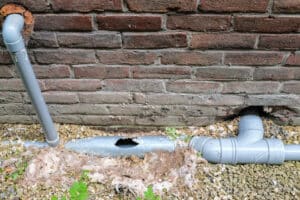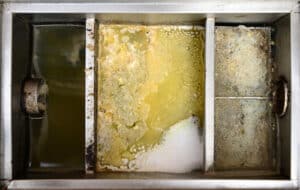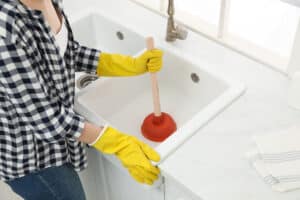When it comes to household maintenance, one often overlooked but crucial task is cleaning your water heater. Many homeowners don’t realize the significance of regular water heater maintenance, but neglecting this important chore can lead to a range of problems. In this article, we will delve into the importance of cleaning your water heater, discussing why it matters, how to do it properly, and the benefits it brings to your home and family.
Understanding the Water Heater
What is a Water Heater?
A water heater is an essential appliance in your home that is responsible for providing hot water for various purposes, such as bathing, cooking, and cleaning. It typically consists of a tank, a heating element, and a network of pipes to distribute the heated water throughout your house.
How Does a Water Heater Work?
Water heaters generally rely on electricity, gas, or oil to heat the water stored in the tank. The heating element raises the temperature of the water to the desired level, and when you turn on a hot water tap, the heated water flows out, providing you with the comfort and convenience of hot water whenever you need it.
The Importance of Regular Cleaning
Preventing Sediment Buildup
Over time, minerals, sediment, and debris can accumulate at the bottom of your water heater tank. This buildup can hinder the heating process and reduce the efficiency of your water heater. Regular cleaning helps prevent sediment from accumulating, ensuring optimal performance and energy efficiency.
Extending the Lifespan
Cleaning your water heater is an effective way to extend its lifespan. Sediment buildup not only affects the efficiency but also can cause corrosion and damage to the tank. By keeping your water heater clean, you reduce the risk of expensive repairs or premature replacement.
Improving Water Quality
A neglected water heater can become a breeding ground for bacteria and other microorganisms. These contaminants can find their way into your hot water supply, compromising the quality and safety of the water you use for bathing and other purposes. Cleaning your water heater helps maintain a healthier water supply for your household.
How to Clean Your Water Heater
Step 1: Turn Off the Power
Before starting any maintenance on your water heater, it’s crucial to turn off the power supply. This step ensures your safety and prevents any accidents while working on the appliance.
Step 2: Drain the Tank
Attach a hose to the drain valve at the bottom of the tank and direct the other end to a drain or outside area. Open the valve and let the water flow out until it runs clear. This process helps remove sediment and other debris from the tank.
Step 3: Flush the Tank
Close the drain valve and fill the tank partially with clean water. Open the valve again and flush out the remaining sediment. Repeat this process until the water runs clear.
Step 4: Check the Anode Rod
Inspect the anode rod, which is responsible for preventing corrosion inside the tank. If the rod is heavily corroded or worn out, it may need to be replaced. Consult your water heater’s manual or contact a professional if you’re unsure about the condition of the anode rod.
Step 5: Refill the Tank
Once you’re satisfied with the cleanliness of the tank, close the drain valve and turn on the water supply to refill the tank. Make sure to follow the manufacturer’s instructions for refilling to avoid any damage or complications.
Benefits of Cleaning Your Water Heater
Enhanced Efficiency
Regular cleaning ensures that your water heater operates at its peak efficiency. By removing sediment and debris, you allow the heating element to function optimally, resulting in faster heating times and reduced energy consumption.
Cost Savings
A clean water heater is a more energy-efficient water heater. By reducing energy consumption, you can save on your utility bills over time. Moreover, proper maintenance can help you avoid costly repairs or premature replacement of the entire unit.
Health and Safety
Cleaning your water heater helps maintain a healthier water supply. By removing bacteria and contaminants, you reduce the risk of waterborne illnesses and ensure the safety of the water you use for bathing and other daily activities.
Conclusion
Cleaning your water heater is an essential task that should not be overlooked. By regularly maintaining your water heater, you can improve its efficiency, extend its lifespan, and ensure a safe and healthy water supply for your household. Remember to follow the proper cleaning steps and consult a professional plumber if you encounter any issues. Taking care of your water heater will ultimately save you money, enhance your comfort, and contribute to the overall well-being of your home.
FAQs (Frequently Asked Questions)
- How often should I clean my water heater? It is recommended to clean your water heater at least once a year to prevent sediment buildup and maintain optimal performance.
- Can I clean my water heater myself, or do I need a professional? Cleaning your water heater is a task that can be done by homeowners. However, if you are unsure or uncomfortable with the process, it is always best to consult a professional for assistance.
- What happens if I don’t clean my water heater? Neglecting to clean your water heater can lead to reduced efficiency, increased energy consumption, and potential damage to the tank. It may also compromise the quality and safety of your hot water supply.
- Are there any signs that indicate my water heater needs cleaning? If you notice a decrease in water pressure, unusual noises, or water that appears discolored or has a foul odor, it may be an indication that your water heater needs cleaning.
- Can cleaning my water heater solve water quality issues? While cleaning your water heater can help improve water quality by removing sediment and bacteria, it may not solve all water quality issues. If you have persistent water quality concerns, it’s advisable to consult a water treatment professional.


